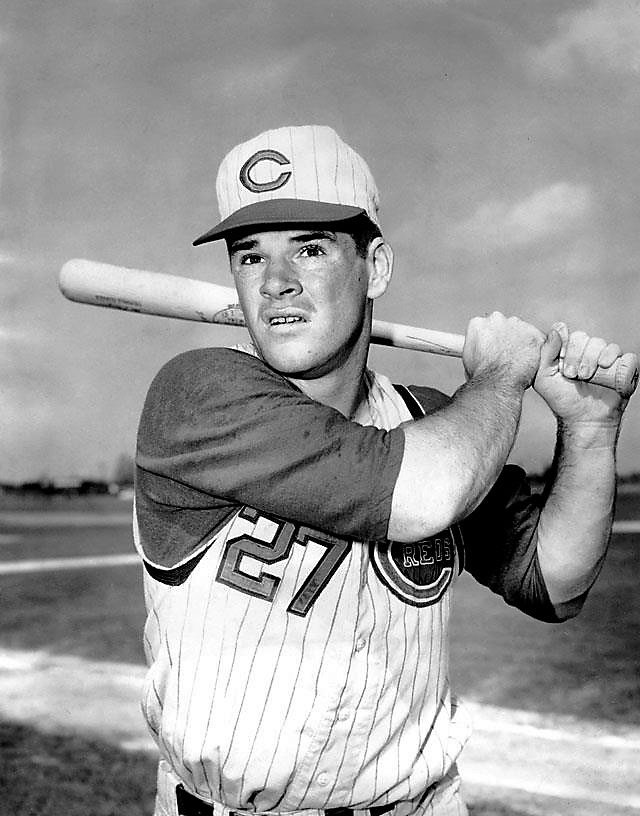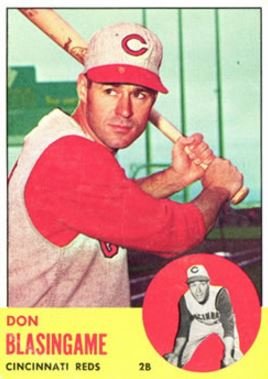A Rose blooms … and later wilts
Pete Rose in spring training 1963
Four weeks before making his major league debut wearing his more familiar No. 14, a chunky 21-year-old infielder named Pete Rose plays his first spring training game 62 years ago today for Cincinnati.
Rose replaces hobbling regular Don Blasingame at second base and goes 2-for-2 against the Chicago White Sox in an otherwise meaningless exhibition game.
Rose ends up permanently replacing the 30-year-old Blasingame at second base and finishes the 1963 season as the National League’s Rookie of the Year.
Rose then ends up playing 24 years in the majors with Cincinnati, Philadelphia, Montreal and back again in Cincinnati.
By the time his career ends in 1986, Rose accumulates a record 4,256 base hits for a .303 lifetime batting average in 3,562 games with 14,053 at-bats over 15,890 plate appearances.
No one in the game’s history plays in more games or comes to bat more times than Rose.
He also wins three batting titles, a National League MVP award and two Gold Gloves.
Then there are those 17 All-Star selections and three World Series rings.
“I’m just like everybody else,” Rose once says. “I have two arms, two legs and 4,000 hits.”
Only Rose is not like everybody else.
His brilliant on-field career eventually becomes a subplot to his life after Rose in 1989 accepts a lifetime ban for violating the No. 1 never-ever-do-this rule in the game by betting on baseball.
The banishment prevents Rose from enshrinement in the Hall of Fame – a place where his career remains well documented in exhibits but his inclusion in the hallowed plaque gallery is not.
“They haven’t,” Rose says, “given too many gamblers a second chance in the world of baseball.”
Not that Rose will ever know in his case as he passes away last Sept. 30 at the age of 83.
“I don’t like to be compared to Joe Jackson,” Rose once says of the Jackson and the infamous 1919 Black Sox betting scandal, “because Joe Jackson, I think, took money to throw World Series games.
“Well, I know I bet on my own team to win. There’s pretty much a big difference there, but both of us were wrong.”


